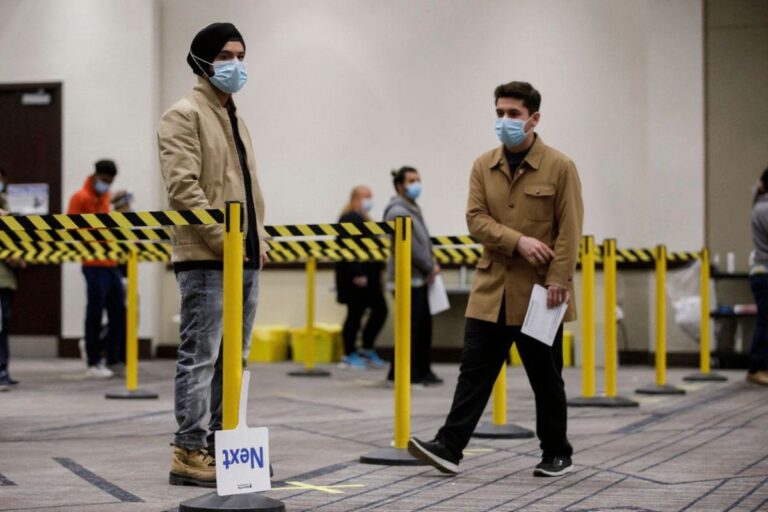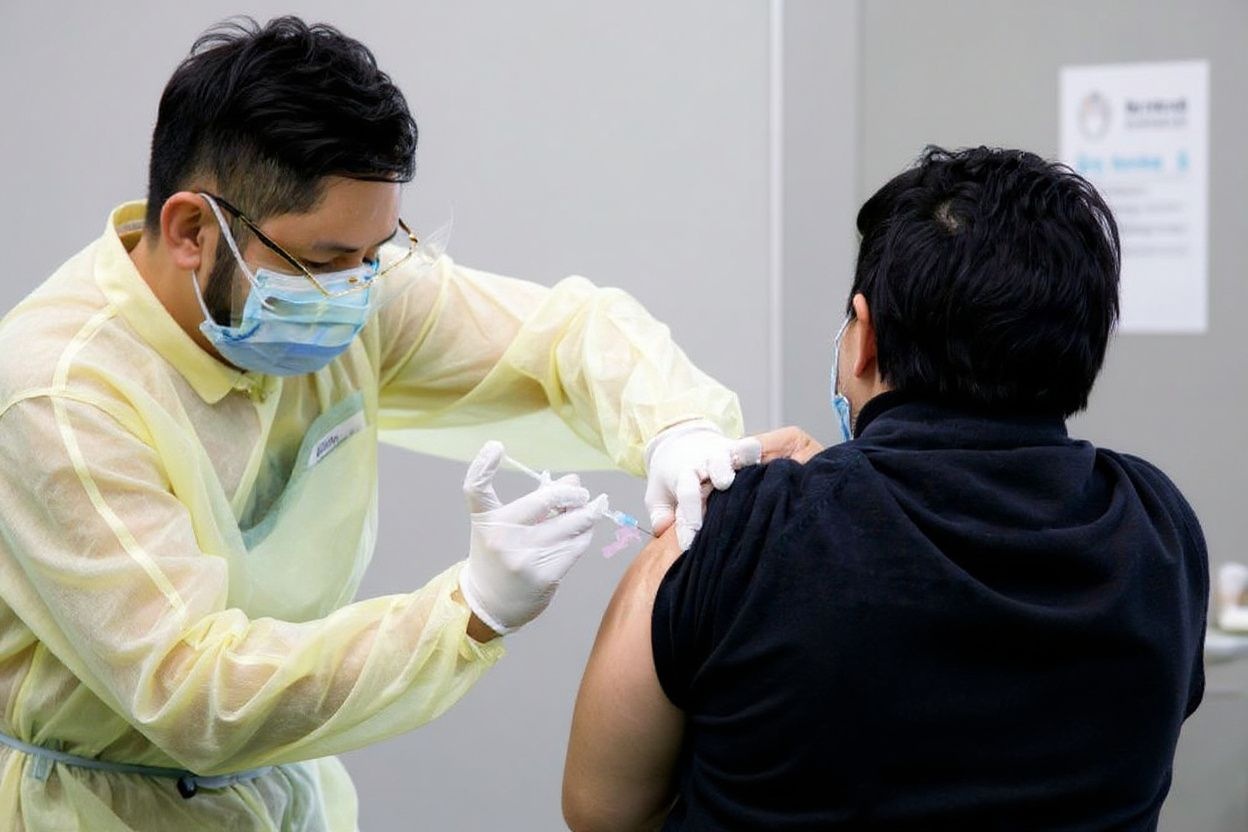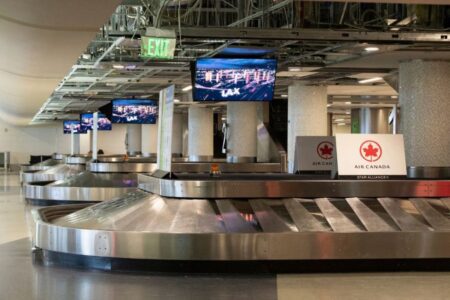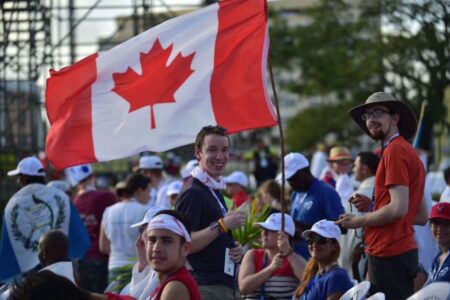
International students in Canada will still be able to enter the country with a valid visa, despite the extension of its border closure until July 21. Exemptions are still granted to Canadian citizens or permanent residents and their family members, as well as work permit holders and certain international students. The extended border restriction will keep out all other non-essential travellers from other countries during the COVID-19 pandemic, even its neighbour, the US.
Though Canada is no longer processing study permit applications for the fall 2021 semester, international students in Canada who submitted their application by May 15 will receive approval (or otherwise) by August 6. You should receive the final word on your student visa before making arrangements to fly there.
Our number one priority as we fight #COVID19 is keeping Canadians safe. In coordination with the U.S., we are extending restrictions on non-essential international travel and with the United States until July 21st, 2021.
— Bill Blair (@BillBlair) June 18, 2021
International students in Canada who are studying at a Designated Learning Institution (DLI) with a COVID-19 readiness plan have been welcome back to the country since fall 2020. As per the latest rules, they must undergo testing upon arrival and await the result in quarantine. This openness could well increase the number of international students in Canada as many have chosen to switch their study abroad destination over the past year to the North American country.
International students in Canada to be vaccinated — but when?
Although there is no existing vaccination mandate for international students in Canada, more DLIs may soon require students to be vaccinated to access certain on-campus privileges. For example, students at Western University, Trent University and Fanshawe College must receive at least one dose of the COVID-19 vaccine to be admitted into residence halls.
 Healthcare workers from Humber River Hospital administer Moderna COVID-19 vaccinations in Toronto. Source: Cole Burston/Getty Images/AFP
Healthcare workers from Humber River Hospital administer Moderna COVID-19 vaccinations in Toronto. Source: Cole Burston/Getty Images/AFP
The same applies to students at the University of Toronto; though they have 14 days from the time of arrival to get their shot. This gives them a chance to access free vaccines in Canada if they were unable to do so back home. “This requirement, which is endorsed by our local public health authorities, will enable us to give our students the residence experience that they expect – and that is so important to their growth and development – without compromising on their health and safety,” said Sandy Welsh, vice-provost of students at the University of Toronto.
Canada recognises four vaccines right now: Pfizer, Moderna, AstraZeneca, and Johnson and Johnson. According to Prime Minister Justin Trudeau, there are two phases for travellers to prove vaccination status in Canada. The first phase involves uploading vaccination documents to the ArriveCAN app, while the second will eventually come in the form of national certification status — one that will be recognised anywhere in the world.
Bill Blair, Minister of Public Safety and Emergency Preparedness of Canada said the government will soon announce further measures for fully-vaccinated Canadians and other exempt travellers, including international students in Canada. More updates to come.










